Bosch has revealed a new haptic touchscreen infotainment system at the Consumer Electronics Show in Las Vegas.
The system is designed to help keep a driver's eyes on the road by using haptic feedback to guide fingertips around the screen surface. The keys displayed on the screen are claimed to have the feel of realistic buttons, and drivers push down to activate various functions.
As well as its haptic elements, the infotainment system features visual and auditory signals. The system can also recognise the amount of pressure being applied to a button. Touching the screen lightly will activate the help function, for example, while varying degrees of pressure can be used to control other functions, including how fast users scroll through a list.
The haptic touchscreen concept is housed within a unique show car at CES. The show car's interior features an entirely digital dashboard with multiple screens for displaying infotainment information.
President of Bosch's car multimedia division Manfred Baden said: "The new touch screencombines the simple operation of mechanical buttons with the advantages of a touchscreen, significantly enhancing ease of operation.
"The innovative technology offers everything that is required to ensure its fast success on the market.”
As well as its haptic touchscreen, Bosch also revealed that it is working on bringing autonomous parking functionality to cars by 2018.
Speaking to Autocar, Bosch's chassis systems control boss Scott Winchip said the company was currently testing its self-parking technology in Germany and revealed that Bosch has already partnered with a vehicle manufacturer with a view to launching the technology in 2018, although he declined to name the brand.
At last year's CES show, BMW revealed its own take on self-parking cars, with a fleet of i3 electric cars which were capable of parking themselves in tight multi-storey garages.
"We're currently working with specific park houses which have a built-in infrastructure [and] bespoke sensors to make this happen," said Winchip. As we move beyond 2020 we'll have better technology and you'll be able to use different park houses."
Winchip also said the current target of having a fully autonomous vehicle on the roads by 2020 may be overly ambitous. He said while piloted driving on the motorway will indeed be possible by the end of the decade, it may take until 2025 for a fully autonomous car to make production due to the complexity of urban environments.
Bosch is also known to be working on a new cloud-based system that can alert drivers if they're going the wrong way along a road, and a system that allows cars to scan for parking spaces along a street.

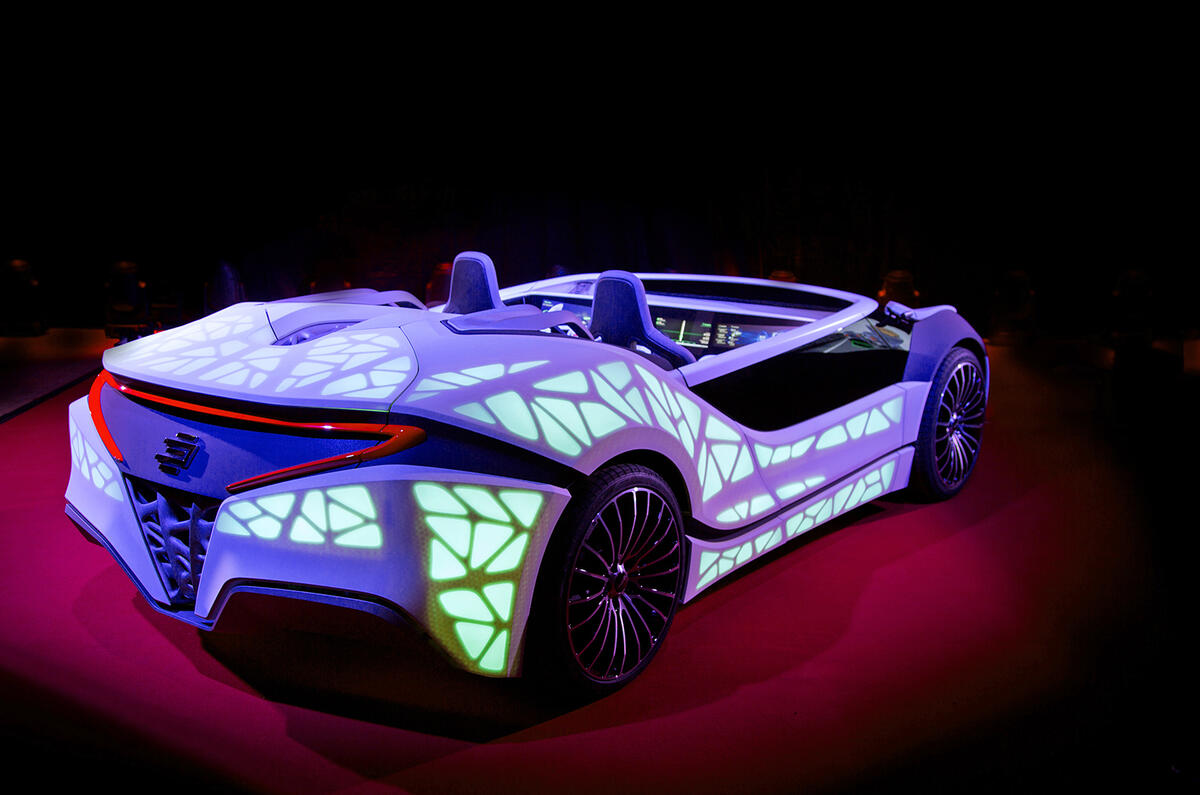
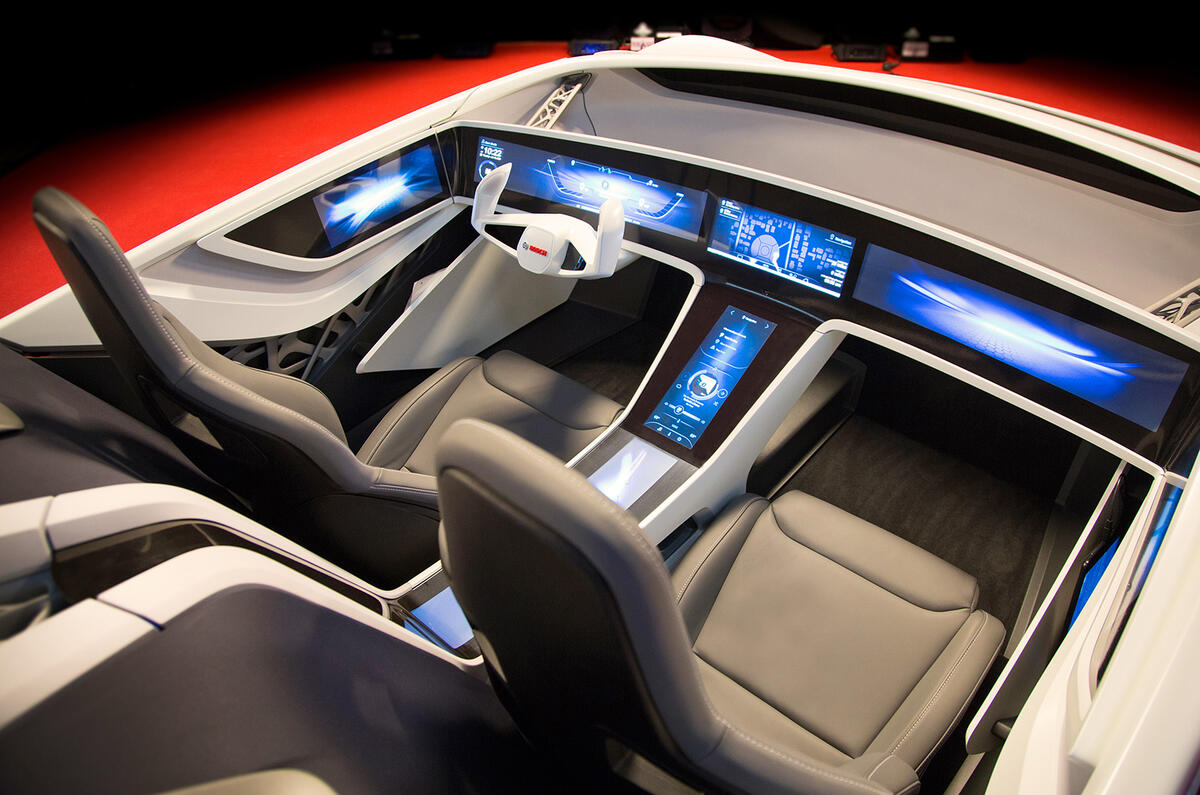
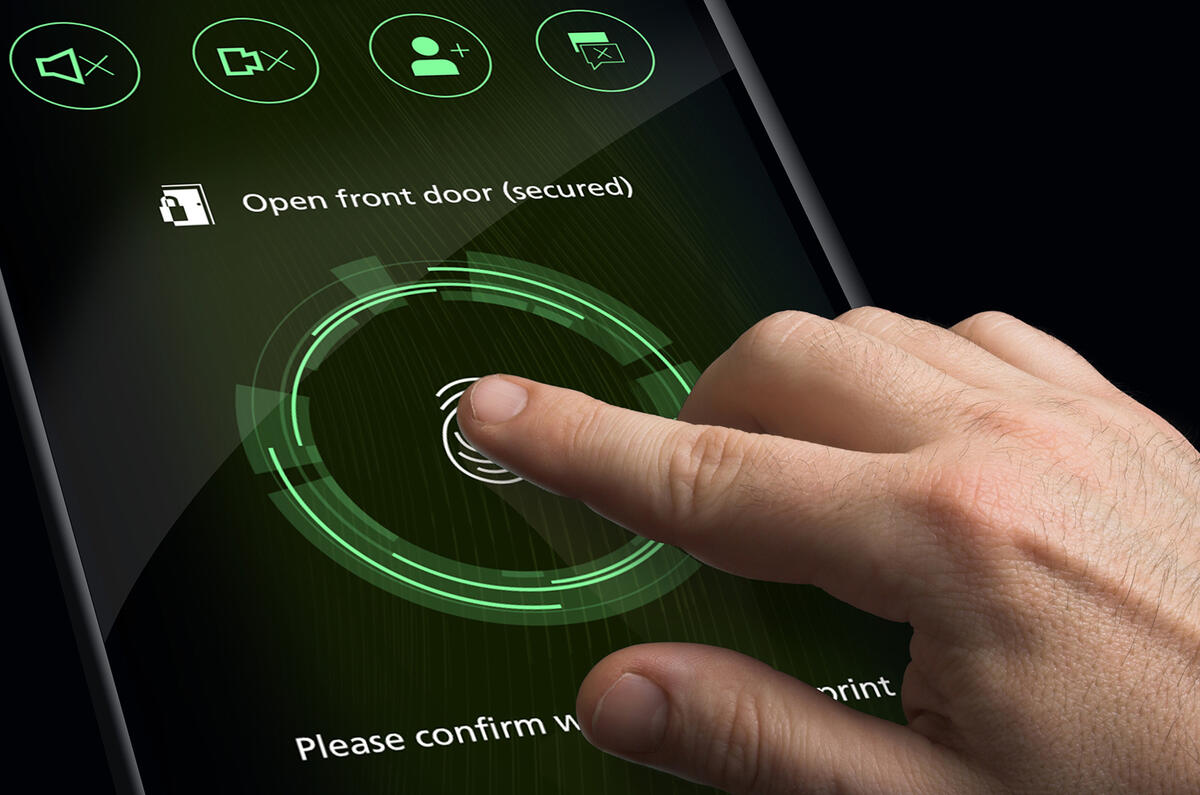
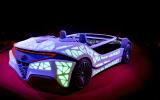
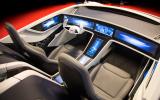
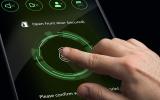


Add your comment